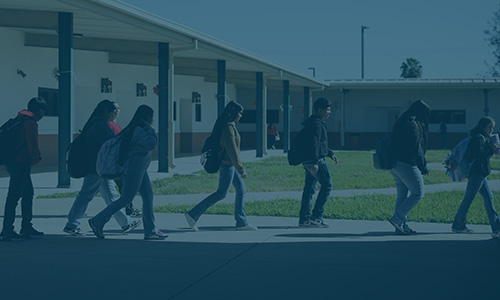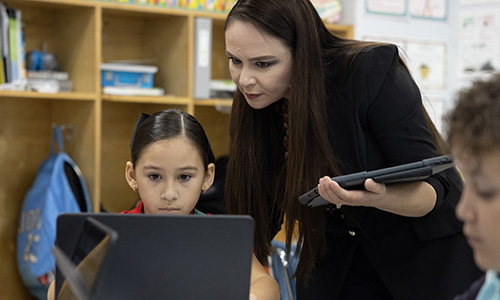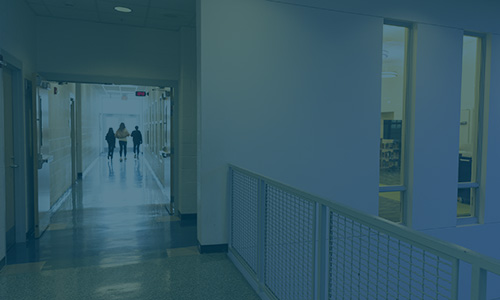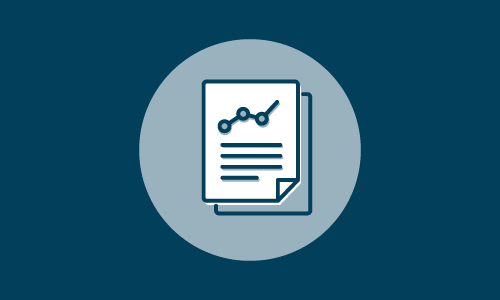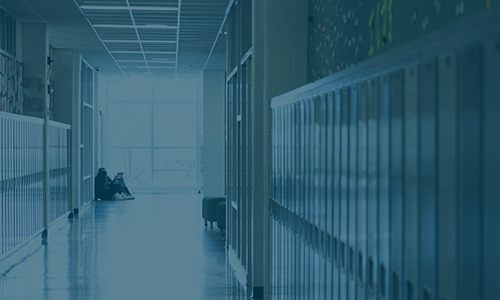Journal article
Schools as refractors: Change in variance in children’s cognitive skills change while in school versus out
September 2021
Sociology of Education, 94(4), 316-340

Abstract
How does schooling affect inequality in students’ academic skills? Studies comparing children’s trajectories during summers and school years provide a provocative way of addressing this question, but the most persuasive seasonal studies (1) focus primarily on skill gaps between social categories (e.g., social class, race/ethnicity), which constitute only a small fraction of overall skill inequality, and (2) are restricted to early grades, making it difficult to know whether the patterns extend into later grades. In this study, we use seasonal comparisons to examine the possibilities that schooling exacerbates, reduces, or reproduces overall skill inequality in math, reading, language use, and science with recent national data on U.S. public school students spanning numerous grade levels from the NWEA MAP Growth assessment. Our results suggest that schooling has a compensatory effect on inequality in reading, language, and science skills but not math skills. We conclude by discussing the theoretical implications of our findings, possible reasons why the math findings differ from those of other subjects, and discrepant seasonal patterns across national data sets.
See MoreThis article was published outside of NWEA. The full text can be found at the link above.
